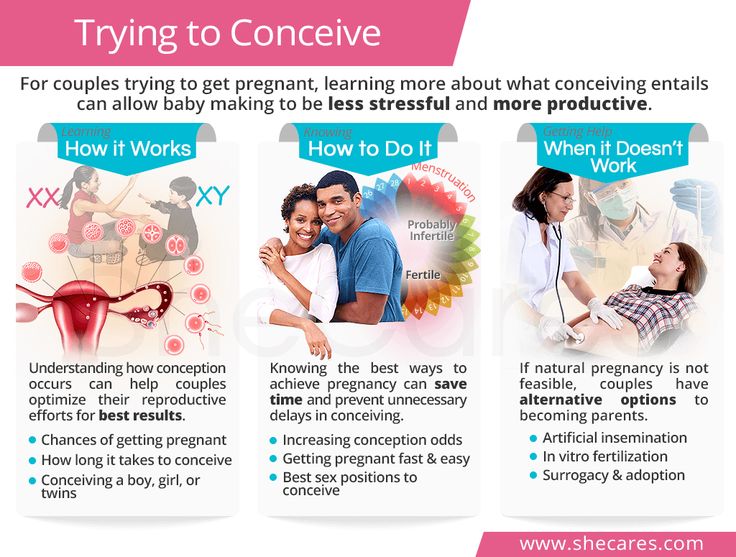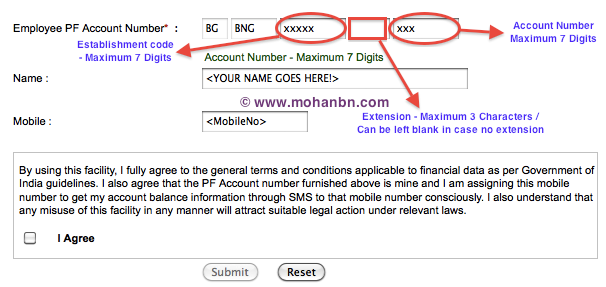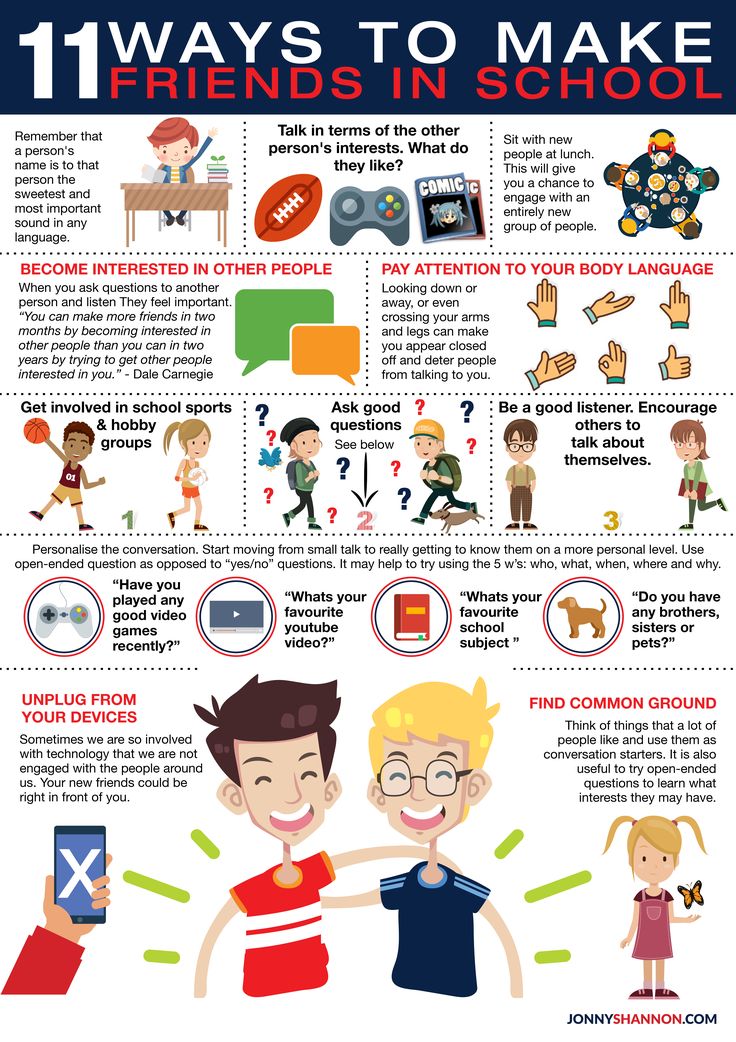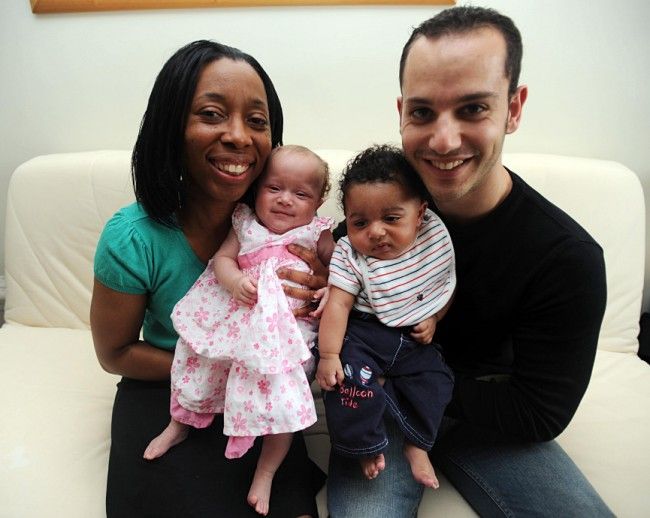Fathers emotions during pregnancy
Expectant Fathers: Becoming a Dad
During the first three months of my wife's pregnancy with our son, her weight stayed the same. I put on 10 pounds. Other "pregnant" fathers complain of morning sickness, food cravings, and backaches — things they expect in their wives, not in themselves.
Physical Symptoms
Researchers say that up to 60 percent of men experience some sort of physical symptoms when their partners are pregnant. (Dr. Jerrold Lee Shapiro, an expert on the subject of expectant dads, admits that he gained 30 pounds during each of his wife's two pregnancies.) These changes are most likely the result of men's desire to participate — to be more a part of the pregnancy, which will, after all, transform their life. They're preparing for their new role as a father.
Looking for Guidance
Although dads in most Western cultures are expected to actively participate in labor and delivery, they receive little guidance about their involvement. What should they do? How should they feel during the nine months? The roles played by their own fathers often don't give them clear direction. And sometimes good-natured kidding from friends and coworkers will increase, not lessen, their anxieties.
The tension may swell when men go with their partners to prenatal exams or other "women only" activities. Expectant dads feel awkward and wonder: Where should I stand? What should I look at? How should I feel about this other person touching and intimately examining my partner? Can I ask questions without appearing stupid?
Emotional Symptoms
It's not just pregnant women who experience pregnancy mood swings. Many men also experience emotional changes during pregnancy, such as moodiness and depression. These symptoms may be linked to their worries about losing their partner's love and affection once the baby is born.
Just as expectant moms may tend to fix up their homes to prepare for the baby's arrival, men often show predictable concerns and behaviors during pregnancy. One common concern is protecting the family. Some fathers take this literally by installing new locks or repairing anything broken around the house; others focus on whether they're earning enough money and may take on extra work.
One common concern is protecting the family. Some fathers take this literally by installing new locks or repairing anything broken around the house; others focus on whether they're earning enough money and may take on extra work.
How to Help Yourself
Though soon-to-be dads sometimes feel clueless about how to act during pregnancy, solutions can be simple. Talking things out helps you face your worries and may help resolve them, too. There's another benefit to talking: While you are being more open about your concerns, you're also exploring what kind of dad you'd like to become.
The following to-do list can get you started:
1. Talk to your partner about how you feel about becoming a father.
2. Accompany your partner to as many of her prenatal checkups as you can. Remember that these are a time for you as well as for her to ask questions.
3. Attend childbirth education classes together.
4. Share your fears with your spouse and, if possible, with other men. This can help prevent feelings of isolation, which can damage a relationship.
5. Talk to your baby before he is born. Not only is this fun, but it will help make the baby more real to you.
6. Get involved in things like choosing the baby name together with your partner. It may seem daunting at first, but tools like the Pampers Baby Name Generator can help.
Signs You May Be Overwhelmed
There may be times when you need a little extra help, as many expectant fathers do. One sign is taking on all sorts of extra projects. If this happens, it could be due to issues that haven't been resolved. Again, talk to your partner, your friends, other men. You can also turn to a mental health professional for some short-term help.
Underlying issues an expectant dad may need some extra help with include:
An unwillingness to accept the pregnancy.
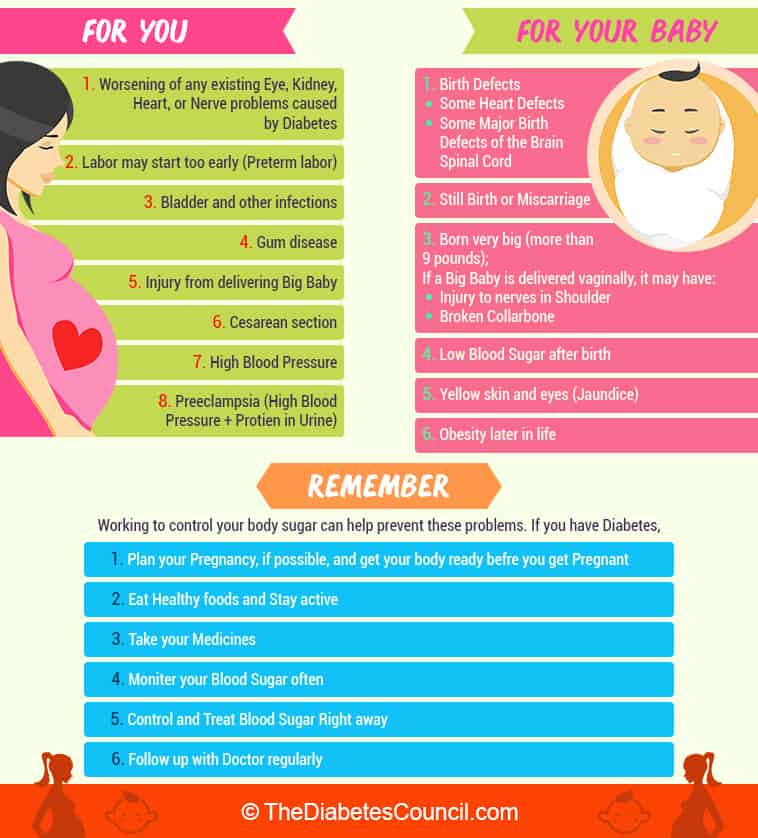 Are you very concerned about the number of changes you will soon be facing? Do you see most of those changes as negative?
Are you very concerned about the number of changes you will soon be facing? Do you see most of those changes as negative?Strong concerns that something will be wrong — with the child or the pregnancy. While it's natural to be a little worried, are you convinced that there will be a problem? Are you uncomfortable discussing this with your obstetrician or family physician?
Mourning the loss of something in your own life. It might be your youth, your freedom, or something else entirely. What does becoming a father mean to how you perceive yourself?
Don't be surprised if you find yourself going through emotional or physical changes during pregnancy—pregnancy hits many men that way. For instance, my own experience made me much more aware of family finances. But it did take me several years to drop those extra pounds.
Fathers and depression | Pregnancy Birth and Baby
Fathers and depression | Pregnancy Birth and Baby beginning of content4-minute read
Listen
Most people know that depression and anxiety can affect women during pregnancy and early parenthood, but men can also be at risk. Up to 1 in 10 new dads can experience depression during the pregnancy or after the birth.
Up to 1 in 10 new dads can experience depression during the pregnancy or after the birth.
Depression in men is not necessarily the result of their partner experiencing similar feelings. Although postnatal depression in mums may indicate the dad having it too, it doesn’t always happen this way.
Depression in new fathers can begin during the pregnancy and increase after the birth of the child.
New fathers don’t access the sort of services that new mothers do. They don’t tend to see their doctor, maternal and child health nurse or midwife, which is where problems are often picked up in women.
As with women, it’s important that depression in fathers is recognised and treated early and effectively.
This will help avoid long-term effects on the father’s mental health and his relationships with his partner, children, family and friends.
What can cause depression in new fathers?
As with all forms of depression, there’s a range of physical, social and emotional factors that can contribute to men developing depression:
- a lack of social and emotional support
- stress and changes in your relationships
- a lack of sleep
- loss and grief issues
- difficulty adjusting to parenthood
- meeting expectations
- a negative or traumatic birth experience.
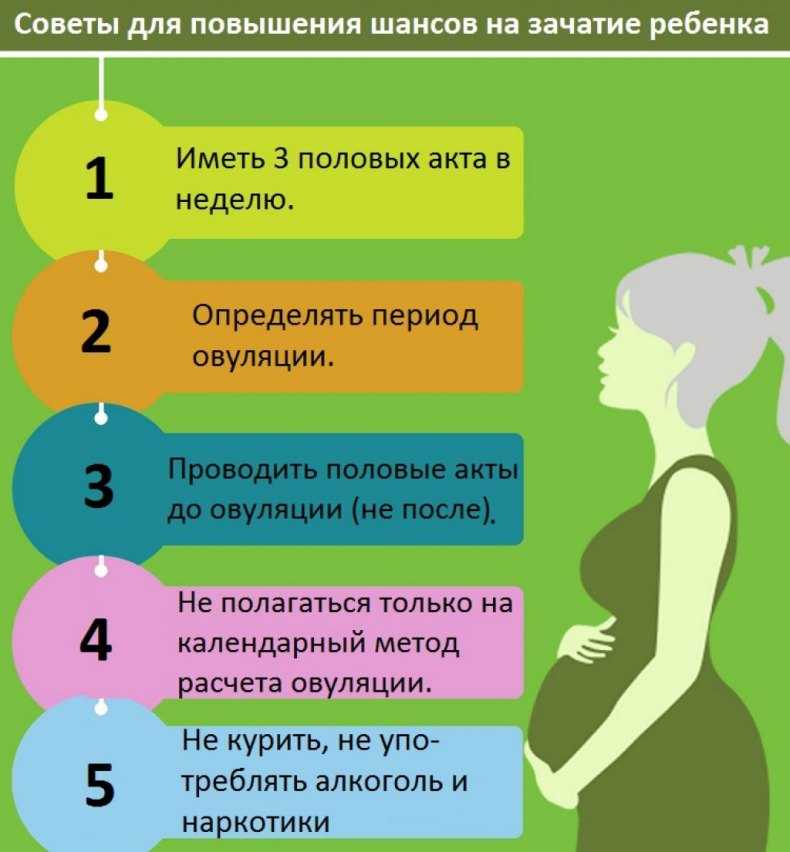
Some men may find that the changes to their home life and family structure are difficult to cope with. Traditional attitudes towards fatherhood and masculinity can mean that men are less likely to talk about how they feel. Worries about extra responsibilities, financial stresses and managing work can also have an effect.
Risk factors for paternal depression
Some of the known risk factors associated with depression in fathers (paternal depression) include:
- a man’s partner experiencing postnatal depression
- a previous history of depression
- relationship problems
- low self-esteem
- feelings of incompetence in the parenting role
- first-time fatherhood
- an unsettled baby
Paternal depression can affect men of all ages, personality types and financial status.
Symptoms of paternal depression
Some of the symptoms associated with postnatal depression in men include:
- tiredness, headaches and pain
- irritability, anxiety and anger
- loss of libido
- changes in appetite
- feelings of being overwhelmed, out of control and unable to cope
- a tendency to take risks
- changes to sleep patterns, especially a lack of sleep
- feelings of isolation and disconnection from partner, friends or family
- increased hours of work as a part of the withdrawal from family
- increased use of drugs or alcohol instead of seeking treatment for depression
Where can I go for advice and support?
If you think that you or your partner may be experiencing postnatal depression, you should speak to your doctor.
Often a man’s friends are the first to notice symptoms of depression, such as not turning up to social events or being unusually cranky or down. If you notice these symptoms in a mate, you can try asking your friend about his feelings. Let him know you're there for him and that he should think about getting help.
- Talk to your partner, or someone else you trust.
- Ask your GP or midwife for advice.
- Visit How is dad going? — a website for dads by PANDA
- Call one of these support services:
- PANDA (Perinatal Anxiety & Depression Australia) — 1300 726 306
- ForWhen — 1300 24 23 22 (Monday to Friday, 9.00am to 4.30pm)
- Gidget Foundation — online and telehealth support — 1300 22 4636
- Beyond Blue — 1300 22 4636
- Mensline offer support and counselling services on 1300 78 99 78
Speak to a maternal child health nurse
Call Pregnancy, Birth and Baby to speak to a maternal child health nurse on 1800 882 436 or video call.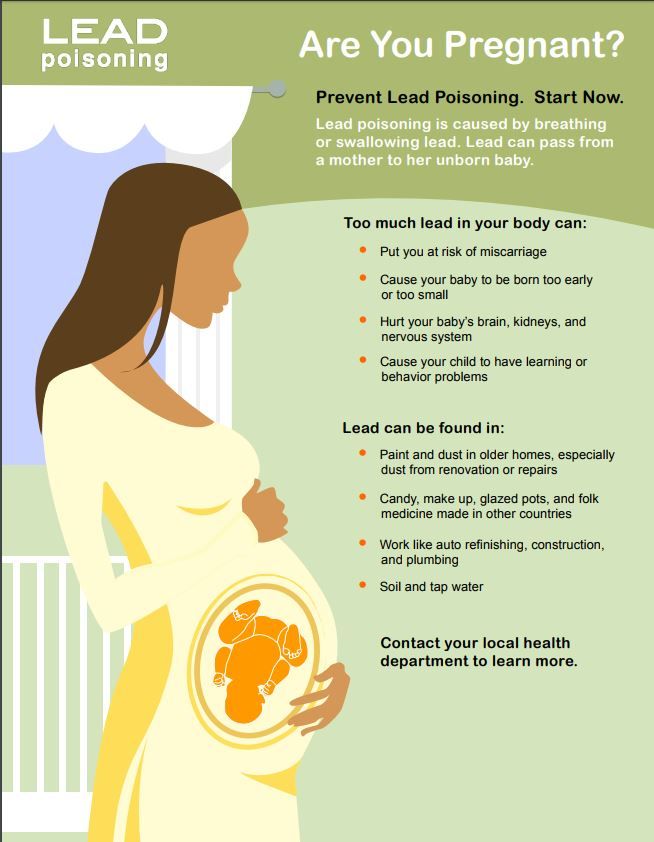 Available 7am to midnight (AET), 7 days a week.
Available 7am to midnight (AET), 7 days a week.
Sources:
Beyond Blue (A guide to emotional health and wellbeing during pregnancy and early parenthood), beyondblue (New dads), Raising Children Network (Antenatal depression and postnatal depression in men), Mensline (Being a dad), How Is Dad Going? (Info and support for new dads)Learn more here about the development and quality assurance of healthdirect content.
Last reviewed: October 2019
Back To Top
Related pages
- Mental wellbeing during pregnancy
- Common worries and fears for parents
- Postnatal depression
- Anxiety and parenthood
Need more information?
Anxiety and depression in new dads
Most people are aware that anxiety and depression can affect new mothers, but did you know that fathers are also at risk?
Read more on Beyond Blue website
Getting help: support for expecting and new dads | PANDA
If you are a expecting or new dad and you are struggling with how you feel, or not feeling how you expected to feel, it’s important to speak to someone.
Read more on Perinatal Anxiety and Depression Australia (PANDA) website
Dads experience postnatal depression too - Dad Space
It may surprise you that men may also experience symptoms of depression when expecting a new baby or becoming a new parent. 1 in 10 new or expectant dads experience perinatal anxiety or depression in Australia.
Read more on DadSpace website
Support for Dad
Information and support for expectant and new dads Parenthood can be a wonderful and special time, but it also has its challenges
Read more on Gidget Foundation Australia website
Perinatal anxiety and depression: Signs and symptoms | PANDA
Perinatal anxiety and depression can be mild, moderate or severe.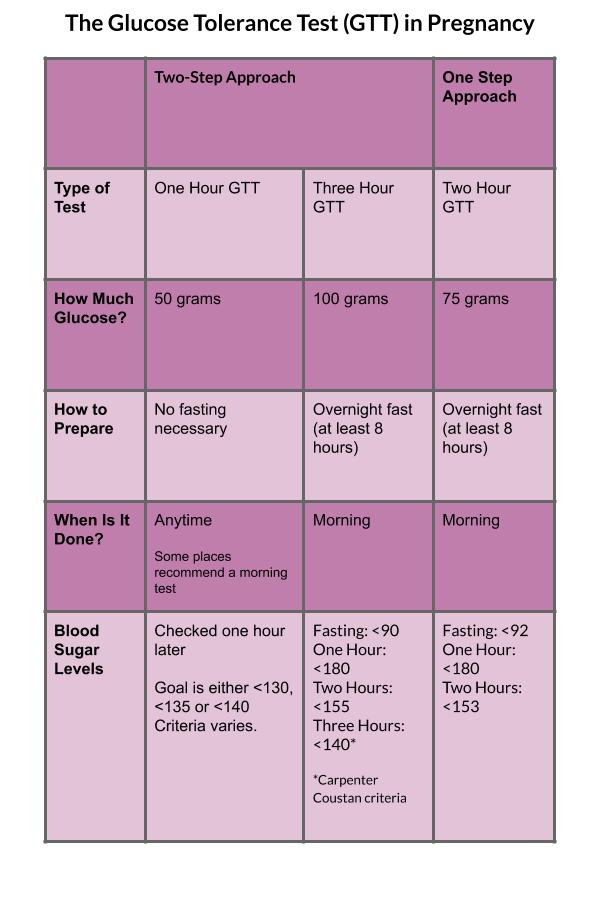 The symptoms can begin suddenly after birth or gradually in the weeks and months after.
The symptoms can begin suddenly after birth or gradually in the weeks and months after.
Read more on Perinatal Anxiety and Depression Australia (PANDA) website
Preparing for baby’s arrival: Tips for new dads | PANDA
The lead up to the arrival of a new baby can be an exciting time for expecting dads. But it can also bring challenges as you adjust to the new future.
Read more on Perinatal Anxiety and Depression Australia (PANDA) website
FACT SHEET: LOOKING AFTER YOURSELF AS A NEW DAD
FACT SHEET: LOOKING AFTER YOURSELF AS A NEW DAD Fatherhood can feel relentless
Read more on Gidget Foundation Australia website
Help with Perinatal Anxiety and Depression
Help with Perinatal Anxiety.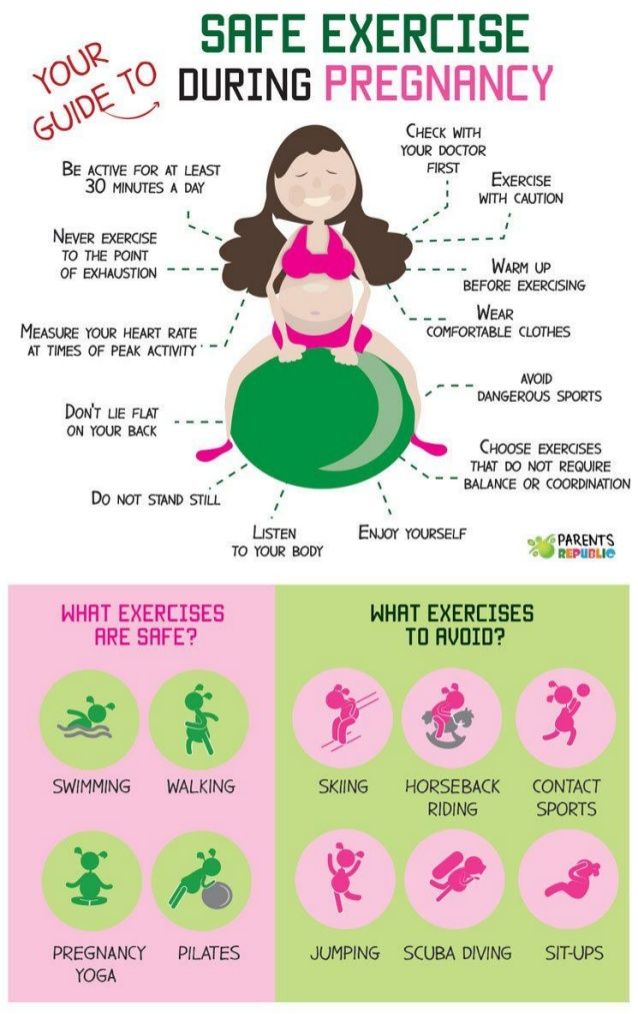 Downloadable information sheets to help you with Perinatal Anxiety. There
Downloadable information sheets to help you with Perinatal Anxiety. There
Read more on Gidget Foundation Australia website
Adjusting to change: expecting and new dads | PANDA
During pregnancy and after the arrival of your new baby, adjusting to the changes of parenthood can be pretty rough.
Read more on Perinatal Anxiety and Depression Australia (PANDA) website
Becoming a dad
Fatherhood can seem daunting, but getting the right advice and support will help you make the most of your new role. Children do better when their fathers spend time and interact with them in a positive way. Learn more about this exciting time here.
Read more on Pregnancy, Birth & Baby website
Disclaimer
Pregnancy, Birth and Baby is not responsible for the content and advertising on the external website you are now entering.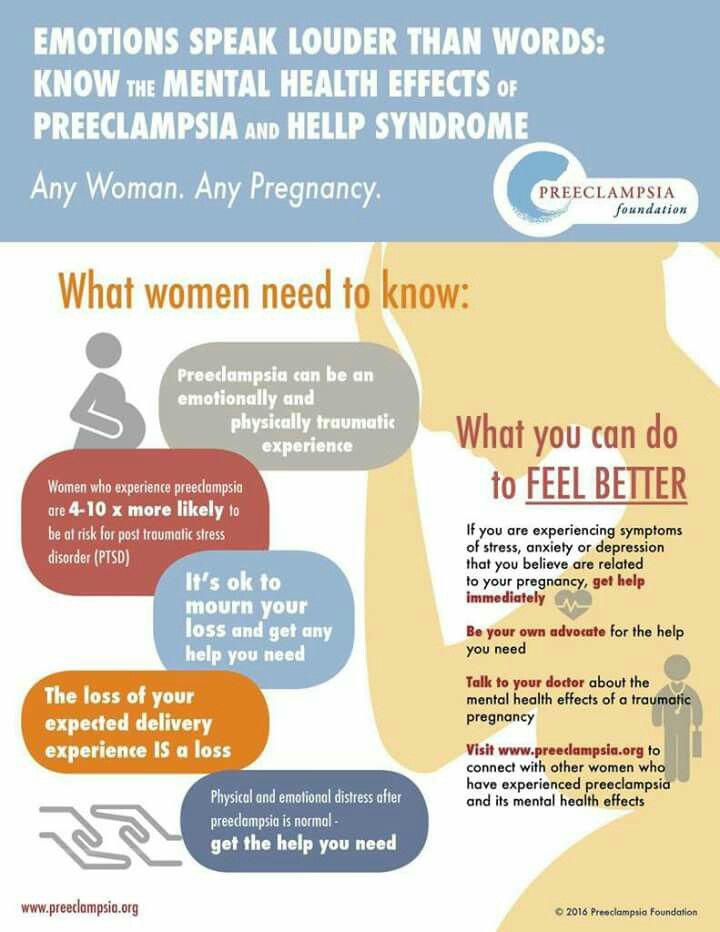
Need further advice or guidance from our maternal child health nurses?
1800 882 436
Video call
- Contact us
- About us
- A-Z topics
- Symptom Checker
- Service Finder
- Subscribe to newsletters
- Linking to us
- Information partners
- Terms of use
- Privacy
Pregnancy, Birth and Baby is funded by the Australian Government and operated by Healthdirect Australia.
Pregnancy, Birth and Baby’s information and advice are developed and managed within a rigorous clinical governance framework.
This site is protected by reCAPTCHA and the Google Privacy Policy and Terms of Service apply.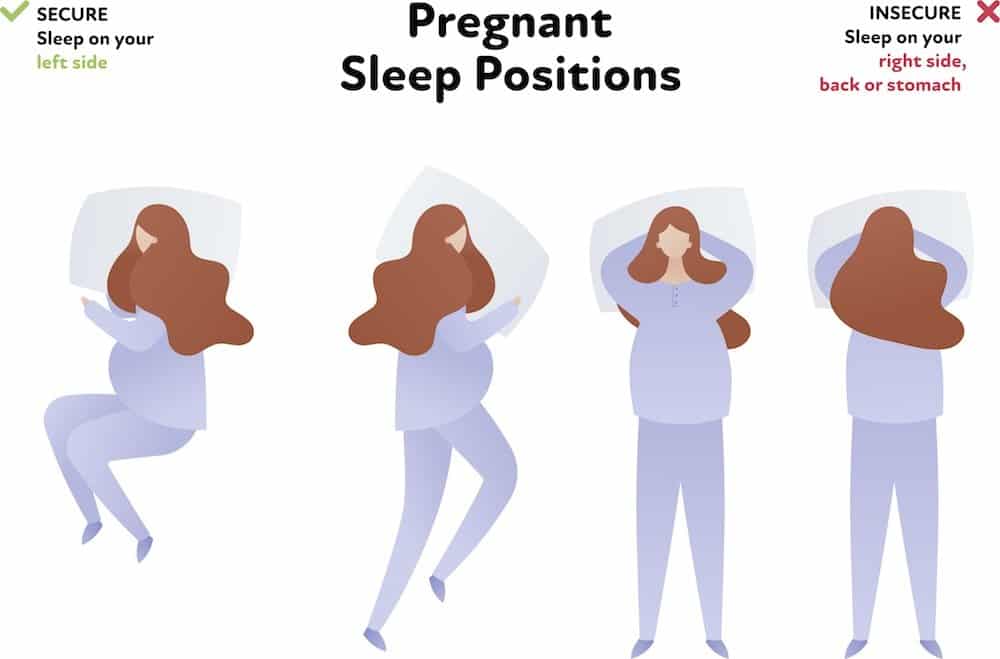
Healthdirect Australia acknowledges the Traditional Owners of Country throughout Australia and their continuing connection to land, sea and community. We pay our respects to the Traditional Owners and to Elders both past and present.
This information is for your general information and use only and is not intended to be used as medical advice and should not be used to diagnose, treat, cure or prevent any medical condition, nor should it be used for therapeutic purposes.
The information is not a substitute for independent professional advice and should not be used as an alternative to professional health care. If you have a particular medical problem, please consult a healthcare professional.
Except as permitted under the Copyright Act 1968, this publication or any part of it may not be reproduced, altered, adapted, stored and/or distributed in any form or by any means without the prior written permission of Healthdirect Australia.
Support this browser is being discontinued for Pregnancy, Birth and Baby
Support for this browser is being discontinued for this site
- Internet Explorer 11 and lower
We currently support Microsoft Edge, Chrome, Firefox and Safari. For more information, please visit the links below:
- Chrome by Google
- Firefox by Mozilla
- Microsoft Edge
- Safari by Apple
You are welcome to continue browsing this site with this browser. Some features, tools or interaction may not work correctly.
Pregnant Dad Syndrome | How to help a pregnant wife
The signs of pregnancy in women are well known to everyone: the stomach grows, strange taste preferences appear, and mood swings occur. Usually during pregnancy, the mother leads a less active lifestyle, sleeps longer and eats more.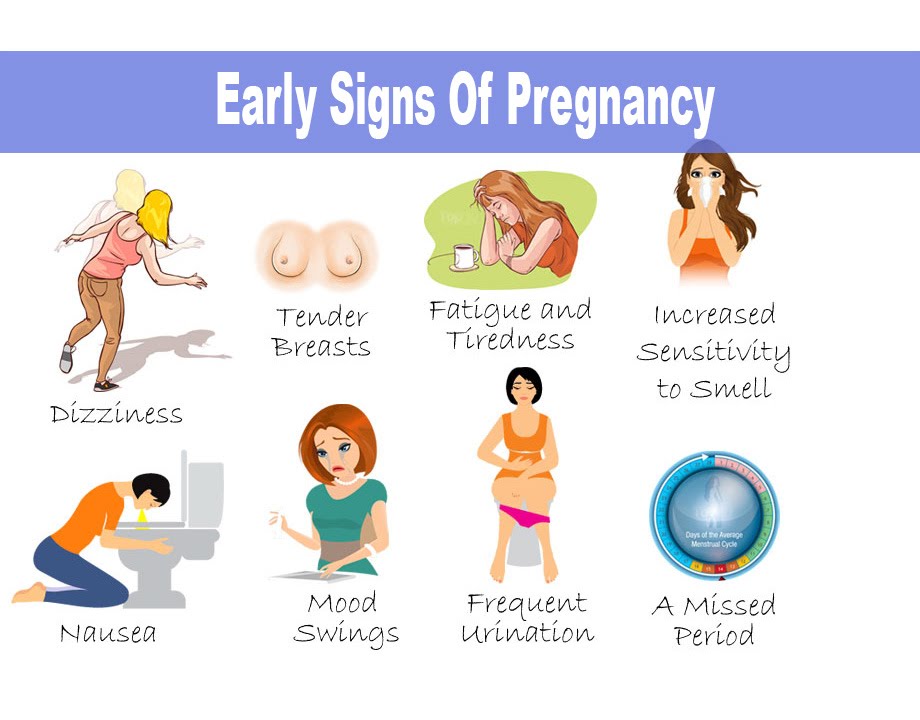 What is dad doing at this time? As a partner, he often also adjusts to a changed lifestyle. And ... it changes not only inside, but also externally. His general motor activity decreases, nausea occurs in the morning, his tummy grows, drowsiness appears, etc.
What is dad doing at this time? As a partner, he often also adjusts to a changed lifestyle. And ... it changes not only inside, but also externally. His general motor activity decreases, nausea occurs in the morning, his tummy grows, drowsiness appears, etc.
Proven is the fact that the hormonal background of the "pregnant dad" is different from the pre-pregnancy state. The amount of testosterone (male hormone) decreases, and the level of estrogen and prolactin (female hormones) increases. Most likely, these changes are secondary, that is, they come after a changed daily routine, the nature of nutrition, and are more common in men who are sensitive, attentive and caring.
Whatever changes happen to your husband, remember that he is also human. He may have his own fears, weaknesses and worries before the upcoming fatherhood. Try to let your husband understand how important he is to you, talk to him about your feelings, consult, confess your love.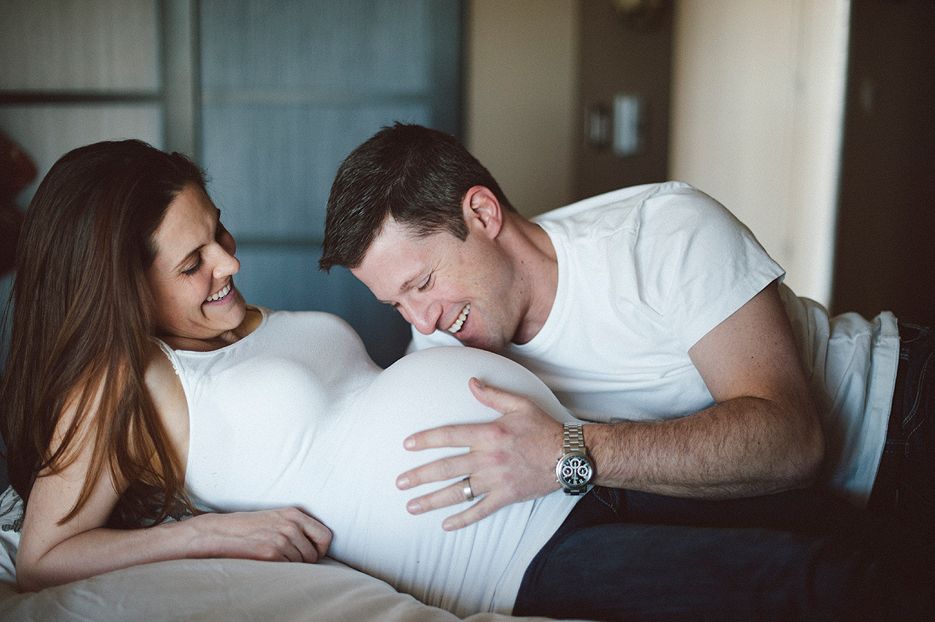 Spend time together more often, go for walks, go to concerts, exhibitions and visits. Pregnancy is not a disease, but a wonderful state of waiting for a baby. And if two people share it, it's wonderful!
Spend time together more often, go for walks, go to concerts, exhibitions and visits. Pregnancy is not a disease, but a wonderful state of waiting for a baby. And if two people share it, it's wonderful!
Coping with the difficulties of pregnancy together
The body of each woman is individual, but some changes are observed in almost all expectant mothers. Many of them may have never been experienced by a woman before pregnancy, so they can be worrisome. Some of the changes are spiritual, some are physical. Some are due to the action of hormones, others are the consequences of an increase in the abdomen and body weight.
Here are the most common inconveniences encountered in mid-pregnancy:
• Edema.
• Problems of the gastrointestinal tract: constipation, accumulation of gases, belching, heartburn.
• Varicose disease of the lower extremities.
• Expansion of the veins of the vagina.
• Spasms of calf muscles.
• Back pain.
• Pain in the womb and duck walking.
All these conditions are temporary, but neither doctors nor modern medicines are able to save the expectant mother from them. And, perhaps, only dad can significantly brighten up the life of mom. How?
There are many ways to please a pregnant woman. Here are the 10 most faithful of them:
1. Accompany the woman to the appointment with the doctor and ultrasound
It is pleasant for the expectant mother to realize that her beloved man is nearby, or at least outside the office door, in which she experiences not the most pleasant sensations. She will be able to share her experiences and the news she heard from the doctor with her dad, when they are still fresh and not blocked by the comments of her friends on the phone.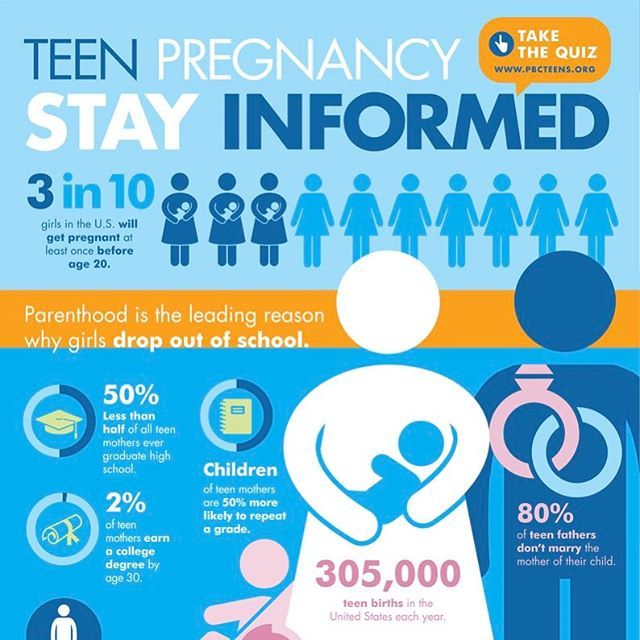
2. Give small gifts regularly
It is not necessary to give a new iPhone, a car or a ring. Even the most modest gift will be a wonderful sign of attention.
3. Giving flowers
Flowers are especially pleasing when they are given just like that, for no reason. Dad can set a recurring reminder on the phone for a specific day of the week.
4. Talk about your love
There are magic words in the world, and of course they are about love.
5. Cook breakfast
Even if a man does not know how to cook at all, he is able to build breakfast - boil eggs, make toast, brew delicious tea. Does not work? Then you can bring your favorite dessert from the restaurant after a business dinner.
6. Invite to a restaurant
It is sometimes useful to take a break from pregnancy. Oddly enough, many women do not want to go to the cinema during pregnancy - it is dark and noisy there. As an option, you can consider going to the theater, to a concert. Or you can just buy a new movie and watch it at home.
Oddly enough, many women do not want to go to the cinema during pregnancy - it is dark and noisy there. As an option, you can consider going to the theater, to a concert. Or you can just buy a new movie and watch it at home.
7. Massage
Massage your wife - this is the sacred duty of every future dad. Massage technique is not important, gentle touches are important.
8. Help around the house
During pregnancy, mom does not need to breathe dust or carry bags of groceries. Any woman will appreciate the opportunity to take a break from worries if her husband takes on these responsibilities.
9. Forgive breakdowns and tantrums
Change plans every five minutes and demand the impossible? Oh, how familiar! But sometimes a man just needs to agree with a woman so that she immediately changes her mind and acts sensibly.
10. Compliments
Compliments
Most women get prettier during pregnancy, but they don't even know it! It is in the power of a man to convince a woman how beautiful she is!
Did any of these points get you hooked? Or did you come up with something of your own? Regular evening walks in the park? Shopping trips together? Discussing plans? Don't wait for a man to guess or read this article. Just ask him to do something that will change your pregnant life for the better.
Preparing for childbirth
A woman prepares for childbirth in special courses. Dad can also attend such courses, especially if he is planning a partner birth. But at the same time, many organizational issues lie on it, which you need to think about in advance, even during pregnancy.
• Organization of transportation to the maternity hospital
This is the duty of the Pope. He may not have a car, but it is desirable for him to organize the transportation of his wife to the hospital. How and what car to go? Which route? How quickly can you get to the hospital? Let there be no surprises in this matter for both of you.
How and what car to go? Which route? How quickly can you get to the hospital? Let there be no surprises in this matter for both of you.
• Collection of things for the maternity hospital
In fact, it is necessary to collect not one, but as many as three bags for the maternity hospital - in the maternity block, in the postpartum department and for discharge! And don't forget the documents! The help of the pope will be especially relevant if you have to go to the hospital when the woman has already begun contractions or the water has broken. She is noticeably nervous in this situation, and the composure of a man can do a good job.
• Arrangement of a children's room
Many parents start renovations while they are expecting a child. This is understandable, because the living space needs to be adapted for a new tenant. Repair dust and noise are not very compatible with an interesting situation, so it would be wiser if dad joins the home improvement.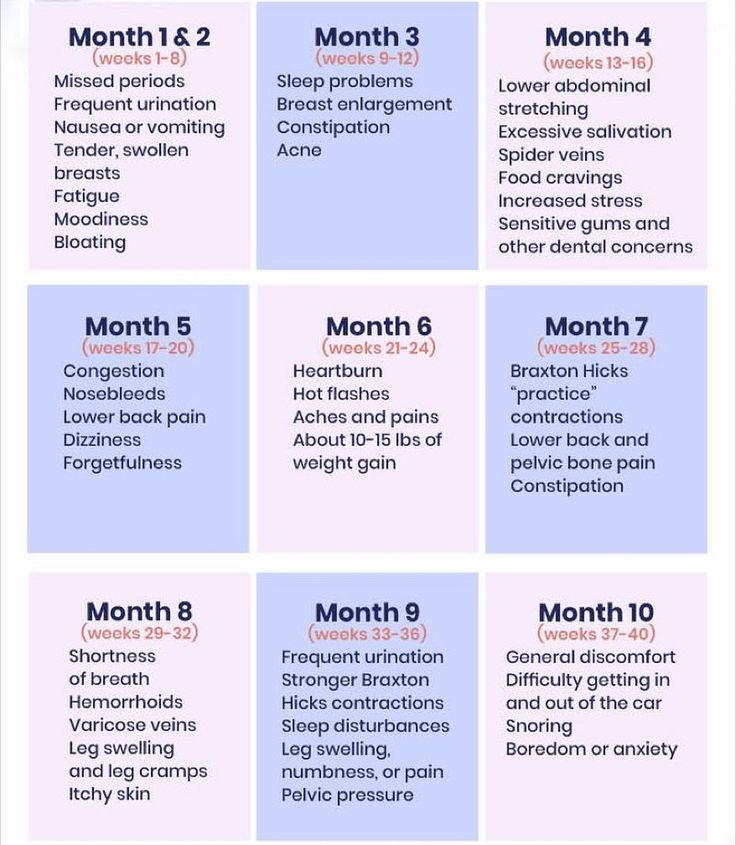
A partner is also a partner in Africa
If the family decides on a partner birth, then this is one situation, but if the mother goes to the birth alone, this does not mean that the father can relax and do nothing. What business could he have? What should he do?
• Be as free from work as possible on the date of delivery and for a few weeks after it
Childbirth is something that concerns all family members and does not happen so often. Despite the fact that the man is not in the hospital, the very fact that he worries about his family, without being distracted by something else, will give the woman in labor strength.
• Stay in touch
Dad needs to take care of topping up his phone and his wife's phone. Before the expected date of birth, you need to regularly charge them, do not forget to turn on the sound. Alas, we often forget about such simple things.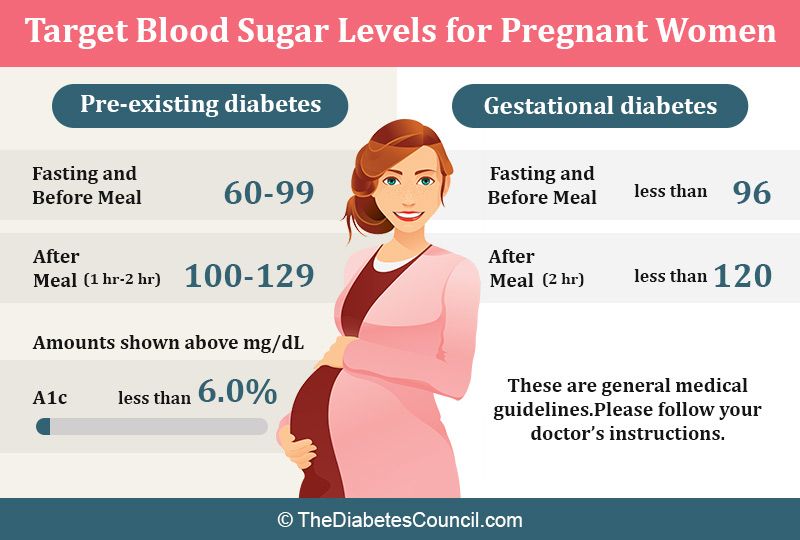 Often women are frustrated just because their phone runs out during childbirth, runs out of money on it, or they can't get through to their husband because he's unavailable!
Often women are frustrated just because their phone runs out during childbirth, runs out of money on it, or they can't get through to their husband because he's unavailable!
• Be around
A well-known picture is a sleeping husband in a car near the walls of the maternity hospital. Yes, it's still relevant. Although in many maternity hospitals it is already possible to wait in a cafe, in a hall, in a corridor, etc. In any case, the closer the future dad is to the hospital, the better.
• Be ready to help
Sometimes relatives are required to buy something, go somewhere, help make a decision. After the birth, dad's help will also be needed: to bring things for the woman and the child to the postpartum department, buy something from the dowry, organize an extract.
Born - not free
When the time comes to pick up the child and wife from the hospital, dad should be fully armed.
It is not necessary to decorate the walls of the maternity hospital, it is better to prepare the apartment for the arrival of mother and baby. It should at least be clean. A young mother will also appreciate if a bouquet of flowers, balloons and, possibly, a poster (or at least a piece of paper) with a touching inscription will be waiting for her in the apartment. Dad needs to think about how to organize transportation from the hospital home. If you are accompanied by relatives on discharge, who will then go to visit you, you will need to buy a simple treat. Do not plan long feasts. Baby and mom need rest now.
Going to be discharged, dad should not forget women's, children's things, a camera or a video camera. Be sure to buy flowers for the wife and the medical staff!
At the maternity hospital, upon discharge, a woman should be given an exchange card, a certificate from the registry office for registering the child, a sheet with recommendations and conclusions about the baby’s health, indicating the procedures performed and the vaccinations made. The husband needs to check if the wife has forgotten these documents.
The husband needs to check if the wife has forgotten these documents.
Now dads often organize a solemn discharge - balloons that fly into the sky, a limousine, musical accompaniment, professional photography and video filming. Think about whether you want it and whether it will please you. If you answered yes twice, go ahead.
As you can see, pregnancy and childbirth are a lot of things for mom and dad. How to do everything and not forget anything? Write lists! A wife should write to her husband what to do! It's easier for men to navigate. Not all of them know how to take the initiative and can immediately understand the situation. To shrug and say: “But mine didn’t think of it before” - this is not about moms, mom is, first of all, a manager. If this science of managing people is not familiar to you yet, then it's time to start mastering it.
Memo for future dads
How to organize help for a mother with a child after childbirth?
1.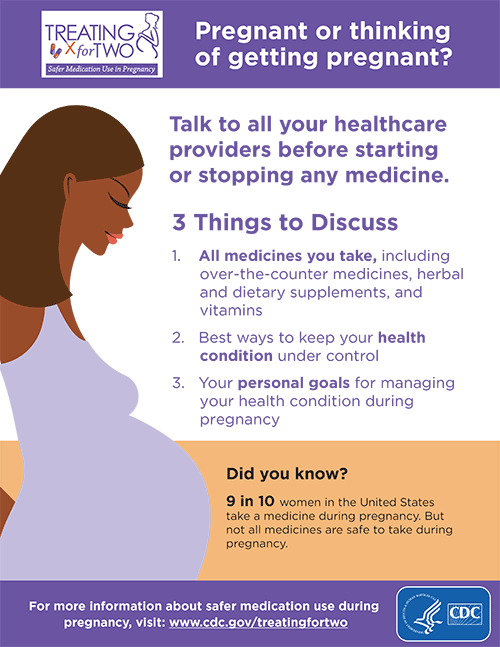 Define your male childcare responsibilities and stick to them. The more specific they are, the better. You can bathe the child. You can take the child and nurse him, say from 6 to 8 in the morning, giving the wife a chance to sleep. You can walk with the baby, go grocery shopping, buy diapers and baby water, etc.
Define your male childcare responsibilities and stick to them. The more specific they are, the better. You can bathe the child. You can take the child and nurse him, say from 6 to 8 in the morning, giving the wife a chance to sleep. You can walk with the baby, go grocery shopping, buy diapers and baby water, etc.
2. Choose what appeals to you and suits your daily routine, and do it constantly. Such regularity will allow you to cope with the role of the father at first and give mom time to rest and recover faster after childbirth.
3. You can register a child and receive a birth certificate within 30 days after his birth. In order for your mother not to go to the registry office or the MFC, take these chores on yourself.
4. A newborn person also needs certificates! Don't forget about it! Registration, medical insurance, foreign passport - these are just some of them. But it is still necessary to draw up documents for receiving benefits and, if this is not the first child, maternity capital. It all takes time and effort, do not tear the mother away from the child, do it yourself.
It all takes time and effort, do not tear the mother away from the child, do it yourself.
Cut-outs:
Nothing brings two people closer than pregnancy, childbirth, and the birth of a child. After all, it is during this period that it is important for mom and dad to be a team and act together.
If a woman wants a man to help and do something specific during pregnancy, childbirth and after them, then you need to talk about it directly, and not wait for him to guess
In recent years, in many schools for childbirth, separate courses for dads have appeared, that is, mom and dad are preparing for childbirth according to different programs. This seems reasonable to us, since the tasks during pregnancy, during childbirth and after them are different for men and women. If you are looking for such courses, then we can recommend you the School of Childbirth Online - www.shkola-rodov.ru
How to communicate with a baby during pregnancy
When expecting a baby, expectant parents often ask themselves whether it is necessary to communicate with the baby while he is still in the tummy, does it make any sense at all? Our perinatal psychologist Oksana Brezhneva explains why it is necessary and how best to do it.
Why should I communicate with my baby during pregnancy?
- From about 8-10 weeks, the baby's senses are actively developing, and he is able to respond to your touch, warmth, pain, vibration.
- By 18-20 weeks, he already has character traits, and facial expressions are able to convey emotions. Brain activity develops quite actively, the baby hears and perceives what is happening in the outside world.
- By the 24th week, the vestibular apparatus is well developed and the baby is able to control his movements, take a comfortable position, express dissatisfaction and experience positive emotions.
No doubt! The kid, developing, feels everything and is waiting for your communication with him!
With regular communication with the child throughout the pregnancy (which proceeded as comfortably as possible for the mother, without stress and worries), emotionally healthy, calm, balanced children are born. Sometimes children themselves can ask for attention from their parents, wanting to be talked to and caressed, while becoming more active and mobile. Studies confirm that children with whom their parents talked in the womb, after birth, react more actively to the voices of their parents, cry less, calm down faster, and begin to develop earlier.
How to communicate with the baby?
To establish contact with the baby in the mother's tummy - observe his activity, remembering at what time of the day he is more mobile. At such moments, talk with the baby, tell him about what you like, about what beauty awaits him in this World. Mom can tell what kind of dad the baby has and how he loves him and takes care of him, and dad can tell about mom, because the child hears the voices of his parents in different ways (mother's vibrations from the inside, and dad's vibrations from the outside). Conversations with the baby in the womb should be very tender and sincere.
Choose a way to address your little one so that he knows and gets used to the fact that this is how you talk to him. It is recommended to communicate with the baby for at least 15 minutes daily.

